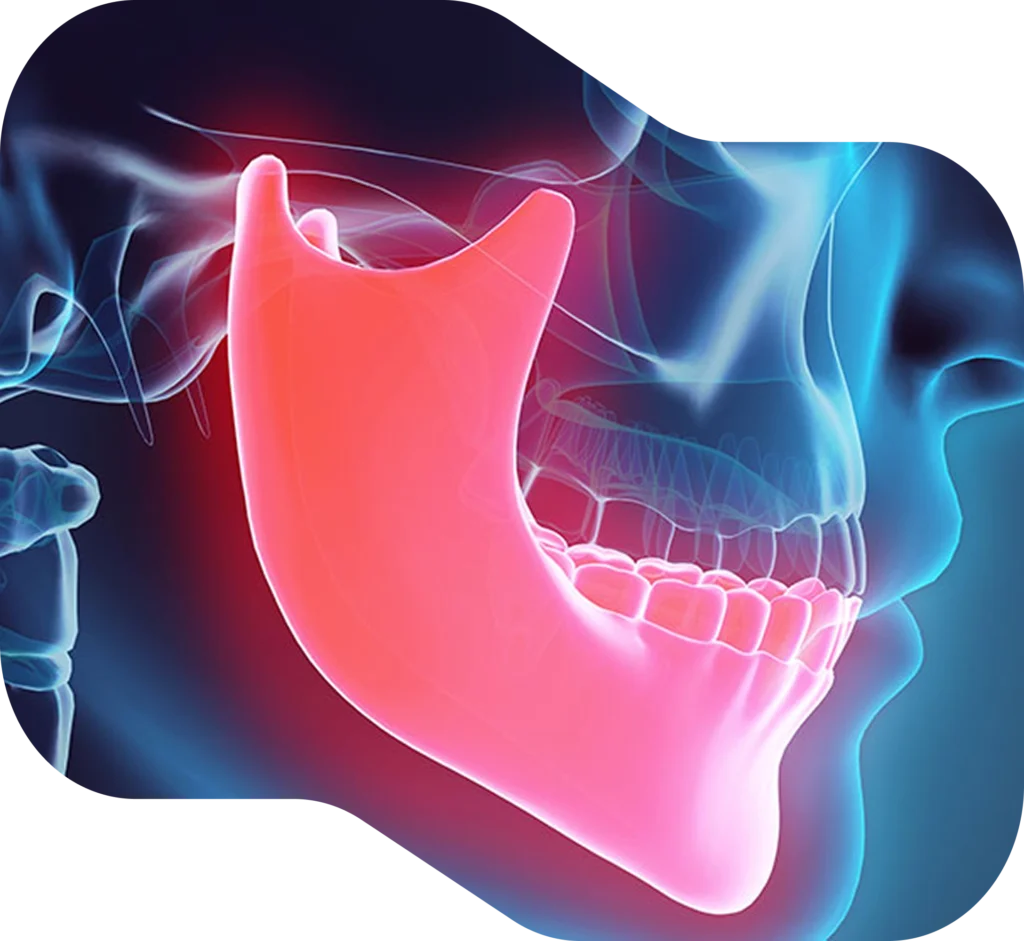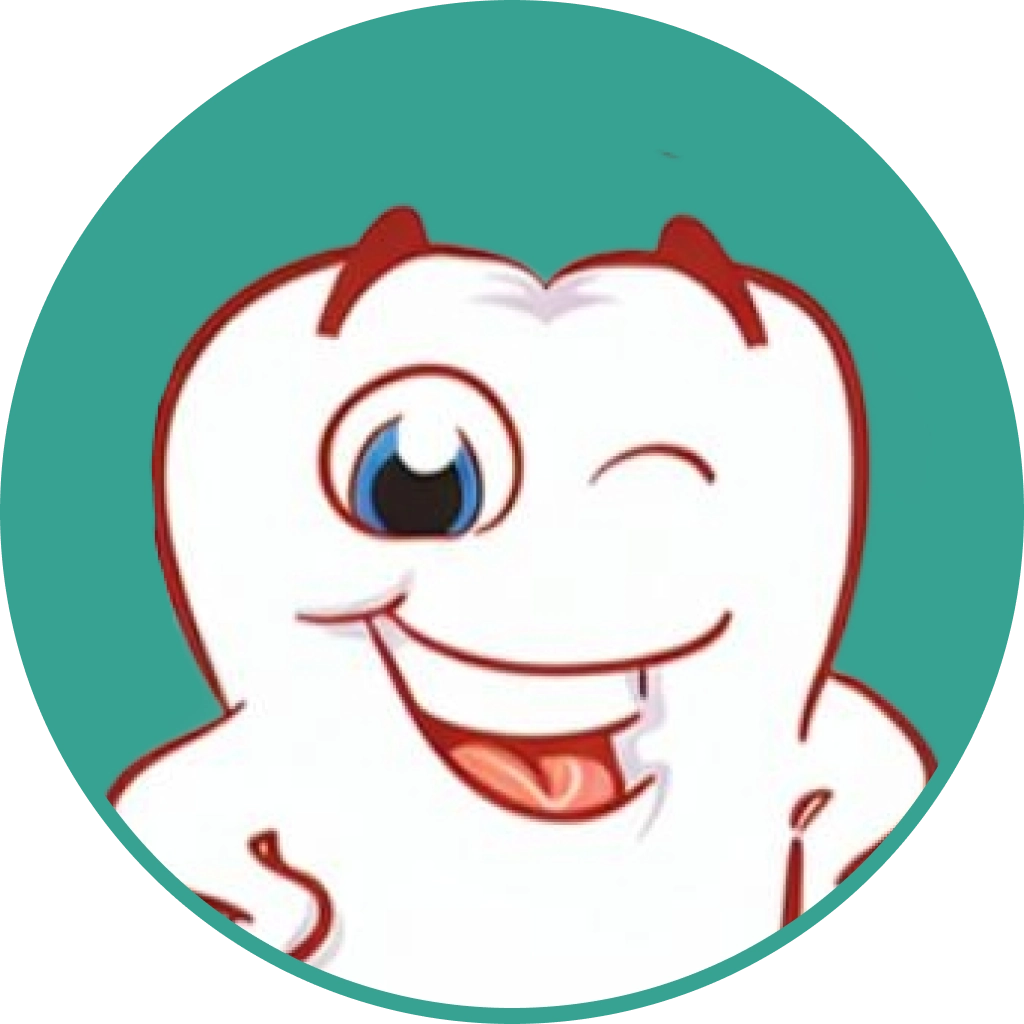

Bruxism refers to excessive teeth grinding or jaw clenching. It is a parafunctional activity in the mouth unrelated to normal functioning such as eating or talking. Bruxism is fairly common – up to 30% of people brux at some point in their lives. Symptoms commonly associated with bruxism include hypersensitive teeth, sore jaw muscles, headaches, tooth wear, and damage to dental restorations (e.g., broken crowns and fillings). Bruxism may occur during sleep or during the day. Studies have shown that night bruxism generates greater amounts of force than day bruxism, causing more damage to the jaws, teeth and oral muscles.
Bruxism refers to excessive teeth grinding or jaw clenching. It is a parafunctional activity in the mouth unrelated to normal functioning such as eating or talking. Bruxism is fairly common – up to 30% of people brux at some point in their lives. Symptoms commonly associated with bruxism include hypersensitive teeth, sore jaw muscles, headaches, tooth wear, and damage to dental restorations (e.g., broken crowns and fillings). Bruxism may occur during sleep or during the day. Studies have shown that night bruxism generates greater amounts of force than day bruxism, causing more damage to the jaws, teeth and oral muscles.
The cause of bruxism is not clear, but it is generally accepted to have multiple possible causes. Bruxism could be related to stress, anxiety or some medications. Sleep disorders, such as obstructive sleep apnoea, are also commonly associated with bruxism at night. Other risk factors including smoking, alcohol consumption, and high levels of caffeine consumption may also contribute to teeth grinding.
Bruxism can cause significant tooth wear when it is severe, and sometimes dental restorations (crowns, fillings etc.) are repeatedly damaged or lost due to the excessive forces placed on them. Dental implants, dental ceramics such as crowns and bridgework are relatively more complex in bruxists.
At The Avenue Dental, prevention of tooth wear can be done through the use of an occlusal splint, which is a custom-made guard worn during sleep that provides protection for your teeth from wear and pressure.
Without treating bruxism, often the sensation of waking up with sore jaws will continue or worsen over time. Other symptoms such as earache, headaches and neck stillness may present. Breakage of teeth or dental restorations due to bruxism can put you at a greater risk of developing dental infection, facial pain, jaw problems, and chronic headache or neck pain. As such, the sooner we manage your bruxism issue, the better your oral health and quality of life will be.

Shop 7/131 Anzac Avenue, Newtown QLD 4350
71 Yandilla Street, Pittsworth QLD 4356